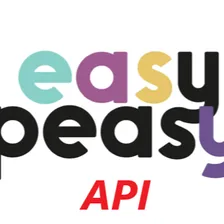Youtube Comments Scraper (Pay Per Results)
Pricing
$1.80 / 1,000 comments
Youtube Comments Scraper (Pay Per Results)
Easily collect full text YouTube comments with this tool! Just enter video URLs, and get all the data you need in JSON format, including comment text, like counts, and commenter info. Great for researchers and developers.
Pricing
$1.80 / 1,000 comments
Rating
0.0
(0)
Developer

Easy_Peasy_API
Actor stats
2
Bookmarked
24
Total users
0
Monthly active users
a year ago
Last modified
Categories
Share

